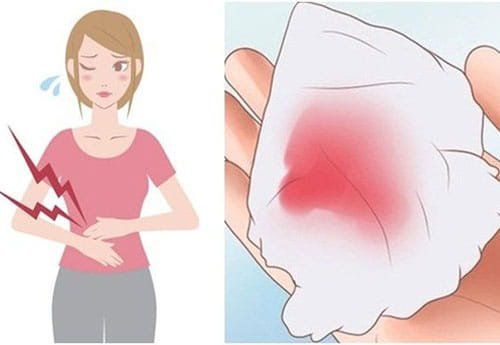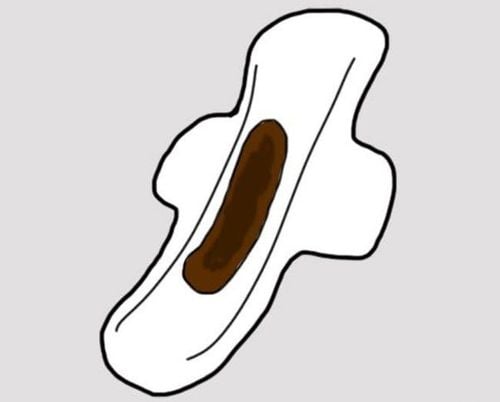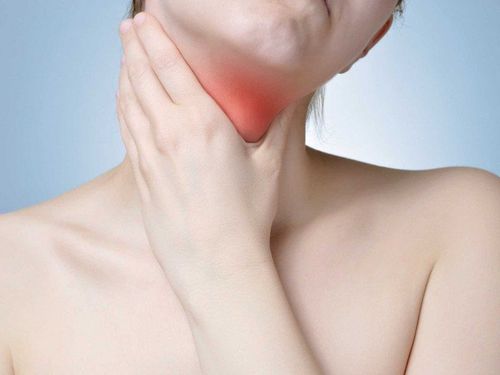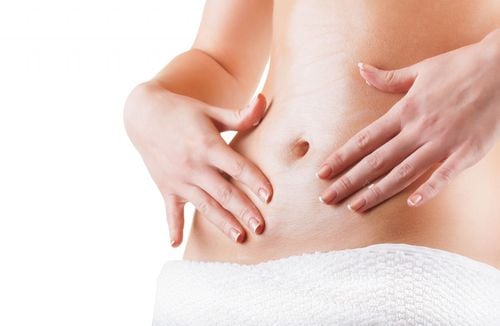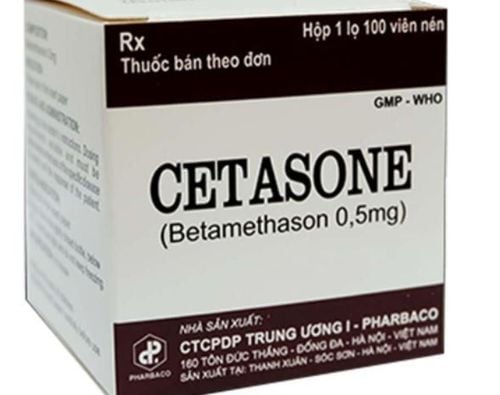This is an automatically translated article.
Posted by Doctor Huynh Thoai Loan - Department of Pediatrics - Neonatology, Vinmec Central Park International General HospitalAs they enter puberty, physiological and psychological changes make girls extremely anxious. That's when your baby has physical changes as well as first vibrations or feelings for friends of the opposite sex. Puberty is considered a major turning point in life. Through the following article, you will be able to understand more about the changes your body undergoes as you enter puberty, so that you can take the best care of yourself.
1. What is puberty and when does it start?
Puberty is when your body changes and becomes more like an adult. The change begins as early as age 8 or as late as age 13. Puberty begins when your brain sends signals to certain parts of your body to start growing and changing. These signals are called hormones. Hormones are chemicals that control body functions.2. Changes That Happen During Puberty
During puberty, hormones cause the following changes:
You grow in height and weight. Your hips may be wider. Breasts develop. Pubic and armpit hair growth. Body odor changes. Acne breakouts. You get your first period.
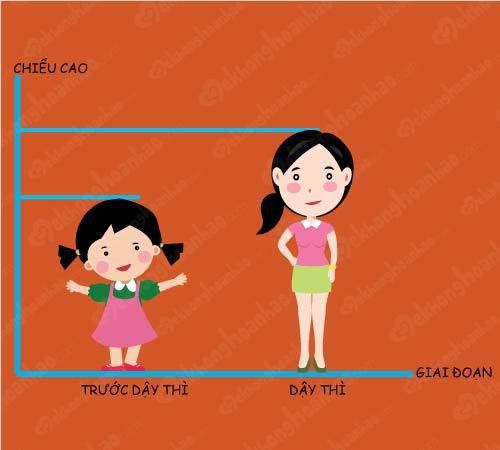
3. How will breasts change?
As your breasts begin to change, the areola may swell. The breasts also develop rounder and fuller. There are also cases where the breasts develop unevenly, the big side and the small side. In addition, girls may experience pain in the chest area. All of these changes are completely normal, so you shouldn't worry too much.4. What is menstruation?
Starting at puberty, your body prepares for a period each month. Hormones signal the ovaries to release an egg each month. The egg then moves into one of the fallopian tubes. At the same time, the lining of the uterus begins to grow and thicken. If the egg is not fertilized by sperm from the man, then pregnancy will not occur. If fertilization does not occur, the corpus luteum degenerates, estrogen and progesterone levels drop, endometrial cells are no longer nourished, they are eliminated from the body along with menstrual blood. This is called the menstrual period.5. When does menstruation start and how long does it last?
Most menstruation usually begins between the ages of 12 and 14, but in some cases it begins earlier or later.
The time usually lasts from 2 days to 7 days. However, in the early stages, your menstrual cycle may be irregular. You may have two periods in a month, or you may not have a period. It can take about 1-2 years after your first period for your body to get regular cycles. Remember that if you've had sex, after a period of time not having a period can be a sign that you are pregnant.
It's best to prepare before your period starts. Have tampons, tampons, or menstrual cups ready at home and bring them to school to avoid unexpected periods.
How to use tampons, tampons and menstrual cups when your period comes:
The tampon will be attached to the inside of your underwear. They will absorb the menstrual flow out of the vagina. For tampons, you will insert them into your vagina, they have the ability to absorb the menstrual flow before it flows out of the body. Menstrual cup is also a type that women often use during menstruation, its use is similar to tampon.
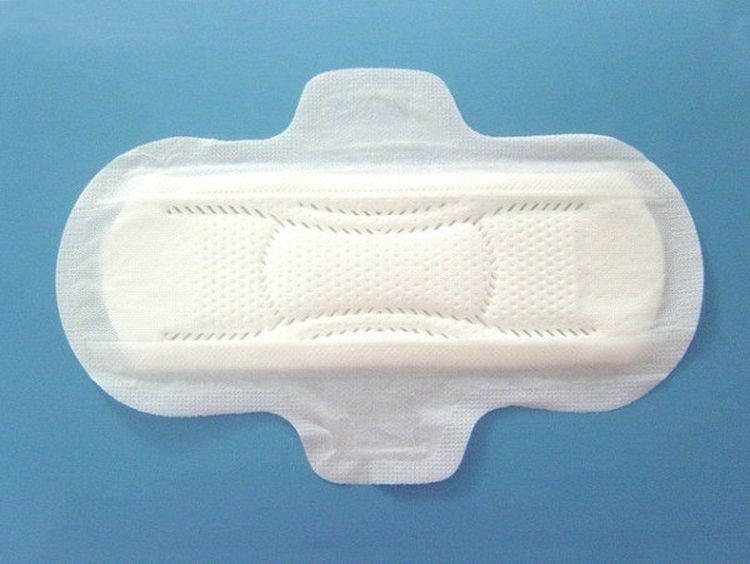
You should change tampons or pads at least every 4 to 8 hours. In the first days of your period, you need to change them more often because the flow is more. If you use a menstrual cup, you should clean it at least twice a day.
6. Is menstruation bothersome?
At the beginning of the menstrual cycle, some girls may experience cramping, pain in the lower abdomen and back. Others may experience headaches, dizziness, or diarrhea.
To help relieve cramps, you can try the following:
Take ibuprofen or naproxen sodium (unless you are allergic to aspirin or have severe asthma). Do exercise. Apply a warm washcloth to your abdomen or lower back. See your doctor or tell your parents if you have any of the following menstrual problems:
You are 15 years old and have not had a period. Your cycle is regular every month but then stops working. Your period came earlier or later. Your cycles are 90 days apart (even if it only happens once). Your cycle lasts more than 7 days. Your period is so heavy that you have to change pads or tampons often (more than once every 1-2 hours). You have cramps to the point where you can't do your normal activities
7. When should you start seeing an obstetrician-gynecologist?
An obstetrician-gynecologist (ob-gyn) is someone who specializes in women's health care. Girls should have their first gynecological visit between the ages of 13 and 15. The first visit can be just a talk between you and your doctor. You can learn and be provided with useful information about puberty as well as how to take care of adolescent health.8. Acne appears during puberty
Acne is caused by overactive glands in the skin. They produce a natural oil called sebum. During puberty, these glands produce more sebum that can clog the pores in your skin, causing acne.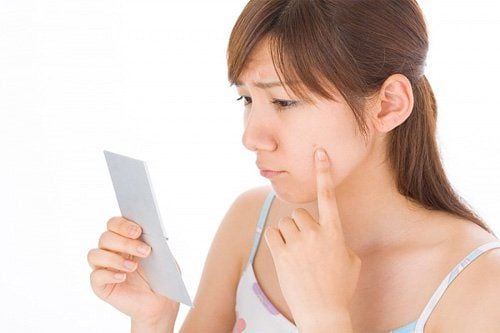
9. What should I do if I have acne?
Wash your face often with water and a mild cleanser to help remove sebum. This will help reduce pimples and acne. Avoid products that dry or irritate your skin. Do not rub your skin vigorously. If you are concerned about acne or pimples, certain medications can help you treat them. See your doctor for advice and treatment if the acne does not show any signs of improvement.In girls, puberty is between 10-16 years old, in boys it is 10-18 years old. This is a sensitive time, you should monitor the baby's external as well as physiological signs to assess the baby's puberty status, whether it's successful or not, abnormal, late or not.
At this stage, children are very likely to experience puberty crisis syndrome, if not cared for and adjusted by parents, they will easily fall into a state of depression, emotional disturbances, behavior disorders, and confusion. eating disorder even using tobacco, alcohol, stimulants to resolve instability in psychophysiology. Babies also face many risks of diseases like adults, to protect your baby's health, you should take your baby to a general health check-up once a year for early detection and timely intervention. Currently, Vinmec is implementing a comprehensive health check-up package for children under 18 years old with comprehensive examination services. The baby will be examined by pediatricians such as: cardiology, endocrinology, nutrition, neurology, hepatobiliary, psychology, digestive, ear-nose-throat, oral... and the support of specialized specialties such as regenerative medicine, treatment and rehabilitation for children with autism and cerebral palsy.
Please dial HOTLINE for more information or register for an appointment HERE. Download MyVinmec app to make appointments faster and to manage your bookings easily.





